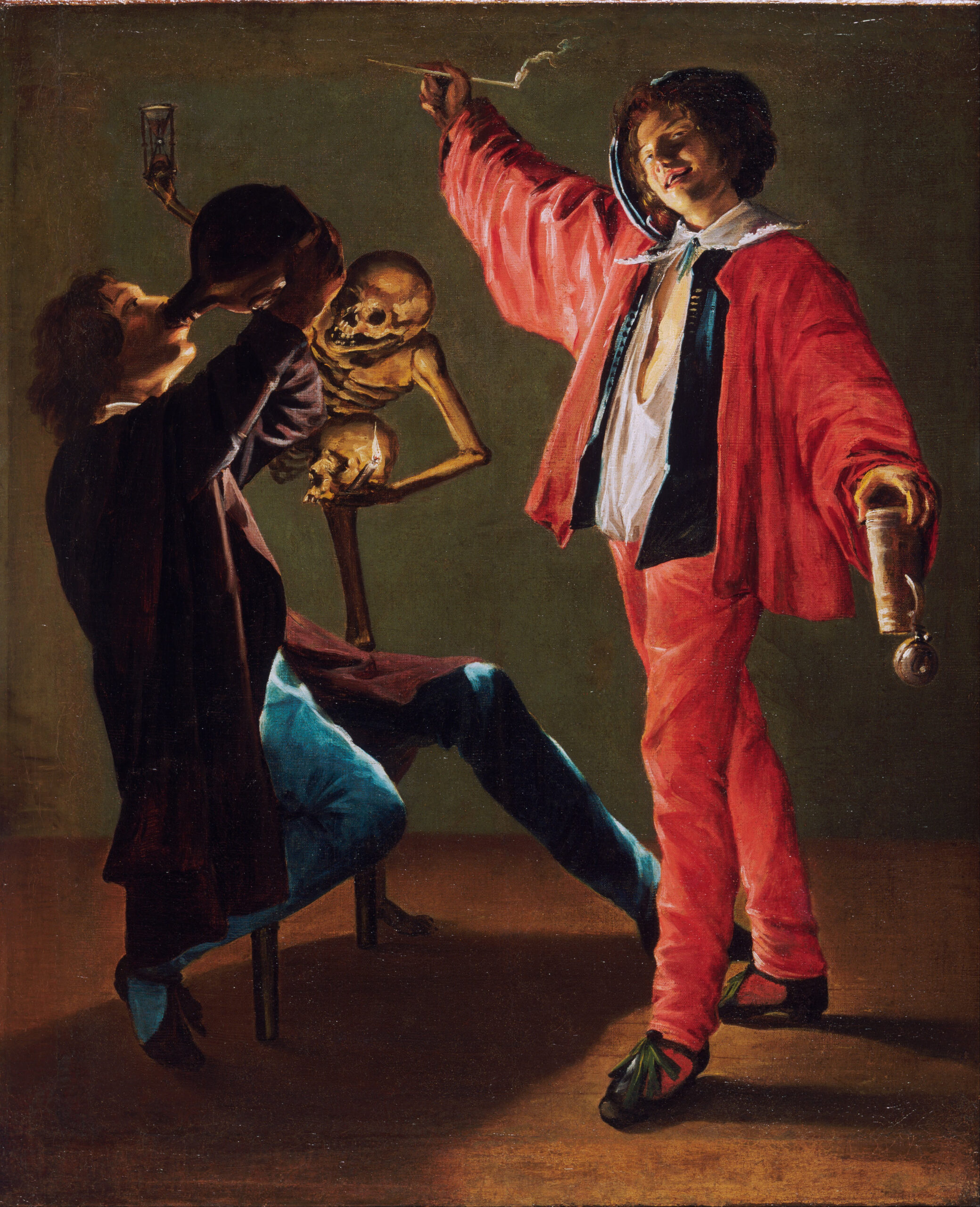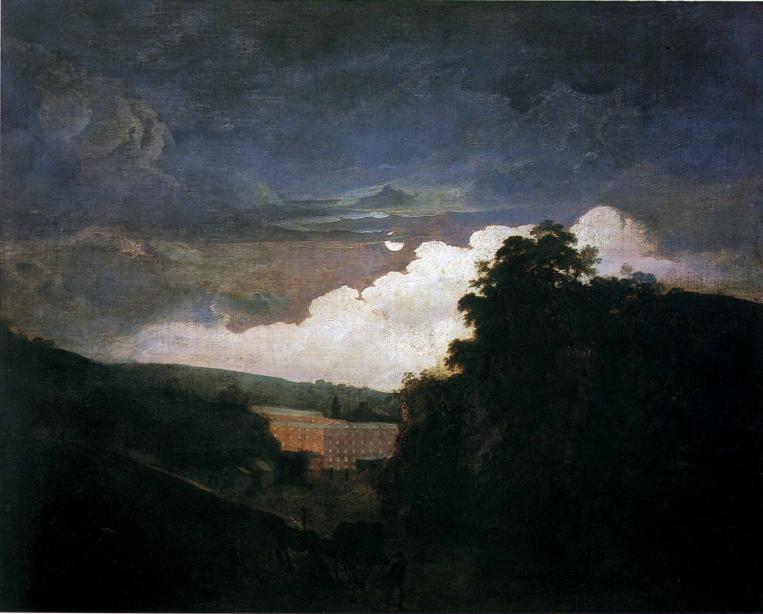Video:
Video:
This is a deep time research into cetacean fats and how those has affected the attention and audio-visual communication of some humans. I start from a non-linear and less anthropocentric historical perspective, in which human decisions and history are not the only factors to be taken into account in changes in modern attention and communication. I have used a Media Archaeology and its geological and materialist review, to tentatively propose a Biology of Media. That is, a deep time research on organic matter.
Defended in September 2024 and published in January 2025, it was co-directed by Nacho Gallego and Trini García at the Carlos III University of Madrid.
(18/09/ 2024) Medios Cetácea: ballenas, delfines, concentración y comunicación audio-visual. Universidad Carlos III Madrid https://hdl.handle.net/10016/45700

